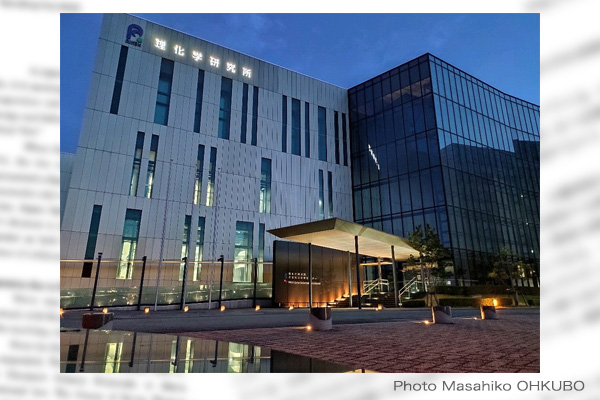Japan’s Fugaku supercomputer, co-developed by the government-backed Riken research institute and Fujitsu Ltd., has won the world’s top spot in computing speed and three other performance categories. After Japan’s K supercomputer recorded the world’s then fastest speed of 8,162 trillion computations per second in June 2011, Japan continued to be defeated by China in supercomputer performances for eight years, with funding for the supercomputer development reduced by a former government led by the Democratic Party of Japan that asked if a supercomputer with the second highest performance might be acceptable. The Fugaku has already been used for fighting against the novel coronavirus, contributing to producing a video aired on television showing how partitions can prevent cough droplets from spreading.
Thorough export control is required
The Fugaku’s central processing unit (CPU) is based on a smartphone CPU developed by Britain’s Arm that Softbank has acquired. Adopted for its operating system (OS) is the Linux general-purpose OS that has been developed through a project in which numerous people participated, paving the way for user-developed programs to be easily run on the Fugaku.
Attention must be paid to the fact that smartphone CPU, Linux and other general-purpose technologies have been used for the sophisticated supercomputer. Such general-purpose civilian technologies can be used for computing missile orbits and analyzing satellite pictures of missile-launching bases. Thorough control on exports is required to prevent Japanese, U.S. and European cutting-edge technologies from flowing out to China.
Among cutting-edge technologies, superconductors for magnetically levitated trains have been used for magnetic resonance imaging (MRI) systems for medical diagnosis, the International Linear Collider (ILC) for reproducing the space Big Bang, the International Thermonuclear Experimental Reactor (ITER), and superconducting magnetic energy storage (SMES) systems. Superconductor technology will also be used for quantum computers attracting attention as the next-generation supercomputers.
The Ministry of Economy, Trade and Industry has established an export control system to prevent such cutting-edge technologies from flowing out to China, North Korea, Iran and other countries developing weapons of mass destruction (WMD), including nuclear arms. WMD developers are specified in the user list under the export control system that covers CPUs, semiconductors, chemicals available for chemical weapons, rocket engine and aircraft components available for missiles, superconductors, and titanium golf club shafts. Also subject to the system is etching liquid for processing semiconductors, which has flowed out to North Korea from South Korea.
Increase scrutiny of Chinese students
To absorb foreign technologies it does not possess, China has annually selected 5,000 students to be sent as government-sponsored students to leading foreign universities to learn about engineering, biotechnology and other cutting-edge technology fields. On May 28, it was reported that the United States was planning to cancel visas for Chinese students. This could affect up to 5,000 Chinese students.
Japan has accepted 120,000 Chinese students who account for the largest share of foreign students studying in Japan. In screening Chinese students willing to study in Japan, the government should exclude goods subject to export control from their research coverage and ban their access to sensitive technologies at universities. It should also track them after their graduation to prevent them from engaging in WMD development after returning home. Any state is fundamentally required to thoroughly control cutting-edge technology exports to protect its people.
Tadashi Narabayashi is a specially appointed professor at the Tokyo Institute of Technology and a director at the Japan Institute for National Fundamentals.


